All That You Should Know About Maintenance Charges
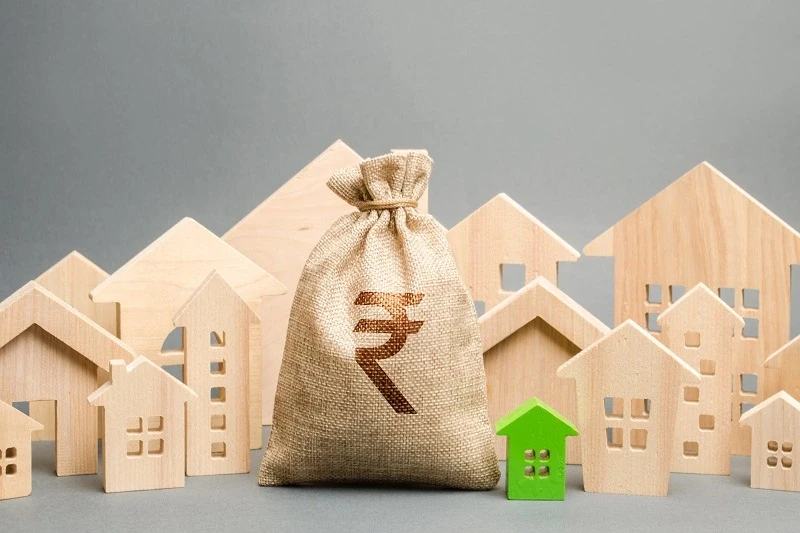
Often when we decide to buy a house, it is the attractive and aspirational amenities and conveniences that draw our attention. The sprawling and well-maintained lawns, the club house and swimming pool, the safe and secure environment and ample parking space are comforts that interest us all. While all of this is alluring, it is important to be mindful that these entail a monthly recurring charge, which pushes the cost of living significantly higher for you and your family. Knowing what the term ‘maintenance charges’ will encompass will help you understand this cost better, so that you have no surprises later and can plan your finances to save enough for a rainy day.
MAINTENANCE CHARGES
- In a residential society, regular upkeep of basic infrastructure and facilities such as gardens, elevators, fire safety, parking areas, electricity in common areas, among others, attract a certain cost, usually known as maintenance charge.
- This amount is calculated by the Residents Welfare Association (RWA) or the builder, till the RWA is formed, post which a nominal sum is charged to the residents.
- Some builders also charge the maintenance fee in advance, which is known as Interest-Free Maintenance Security (IFMS). This term is mentioned in the price break-up at the time of booking. This is the lump sum amount the builder charges for maintaining the society till the RWA is formed. Once the process is complete, the builder hands over the operations of the functioning body to the RWA members, along with any pending amount, so that they can carry on the functions, as deemed appropriate.
CRITERIA FOR CALCULATING MAINTENANCE CHARGES
In most cases, the maintenance charges are based on the area measured in sq. ft. for each unit or flat and includes the cost incurred for services such as repair and upkeep of common facilities, cleaning and waste collection, shared among the occupants of all units. The electricity, water and gas bills are to be paid by the homeowner, based on consumption.
REGULATION OF MAINTENANCE CHARGES UNDER RERA
Under the RERA Act, builders have to clearly state all the charges applicable, including fees, schedule of payment and a proper breakdown of the same in the builder-buyer agreement in order to avoid any inconvenience which may surface at a later stage. To safeguard the buyer’s interest, under the Act, a builder is responsible for any structural issues pertaining to construction quality within the first five years of the project delivery, which includes free of cost service in such cases. In the event that the builder fails to comply with the regulations, he or she is liable to face legal consequences.
GST ON MAINTENANCE CHARGES
As of November 2021, flat owners whose contribution to the RWA exceeds Rs. 7,500 per month need to pay Goods and Service Tax (GST) at 18% in India. Also, if the annual turnover of the RWA of a society, by supply of services and goods exceeds Rs. 20 lakhs, the same percentage of GST will be applicable. Keep a tab on any changes in the GST rates.
Before you finalize your property, do speak to the builder about the maintenance charges and other costs that might come up at a later stage, so that you can make your decision wisely.

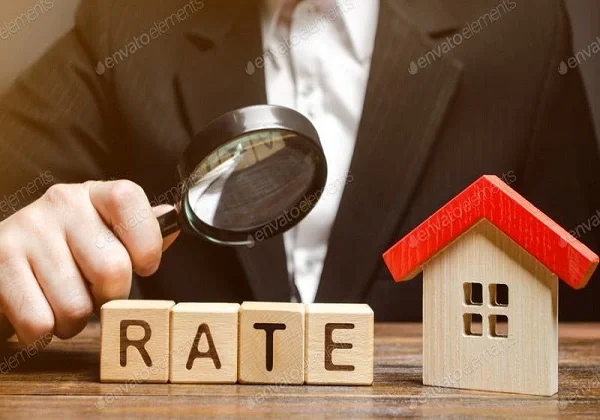

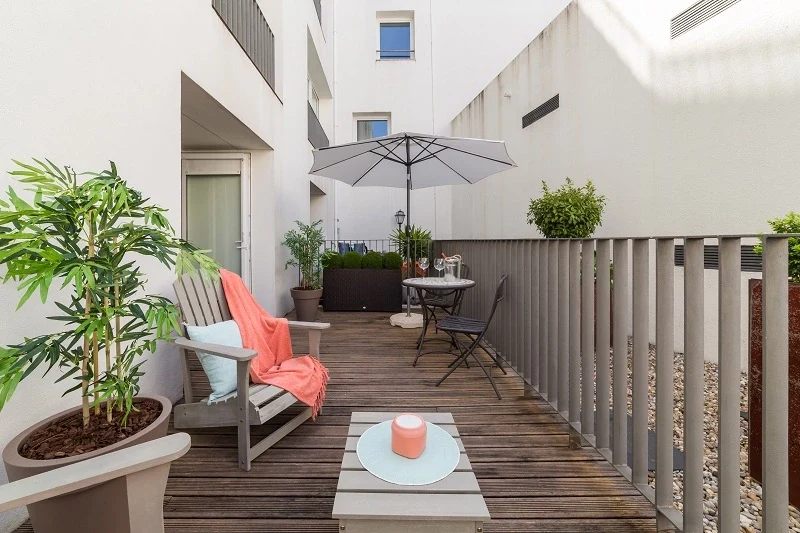


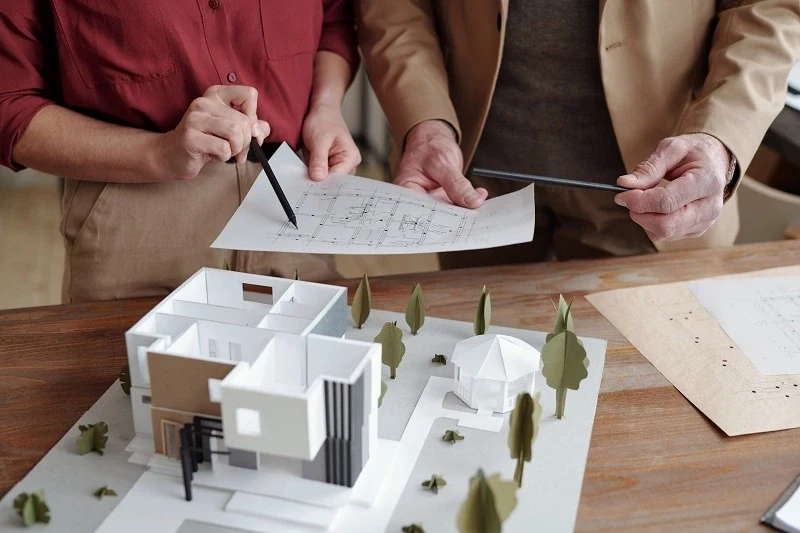
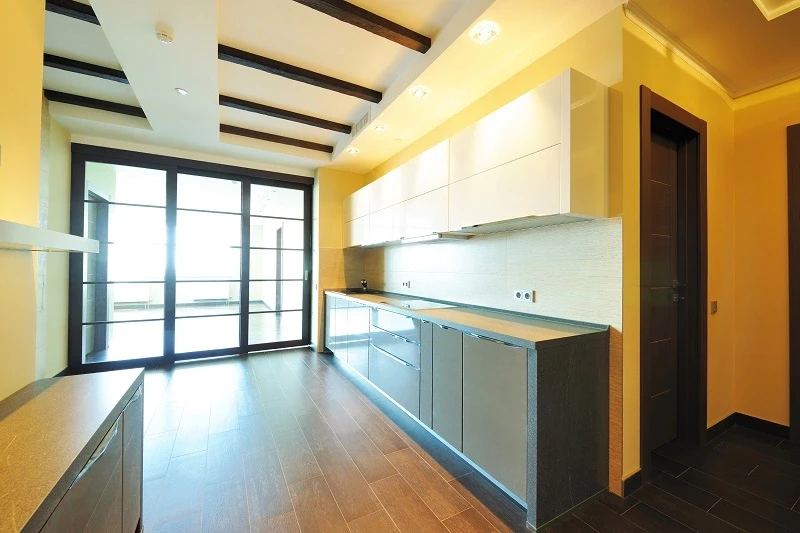

Ask a Question